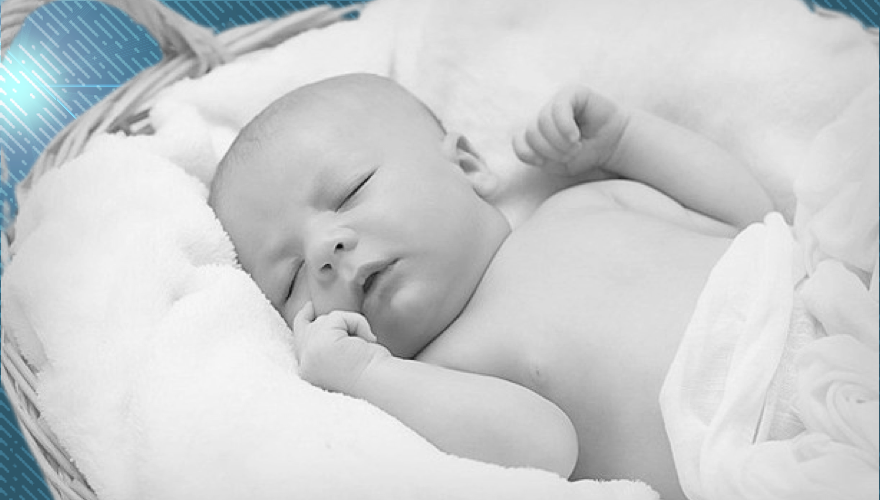The University of Sussex Hospitals NHS Trust (USHT) claims fluid produced by males who have undergone hormone treatment are "comparable" to breast milk produced by females.
According to a letter obtained by Policy Exchange, USHT suggested fluids produced by biological males who identify as transgender women was "comparable to that produced following the birth of a baby" from females, The Telegraph reported on Sunday.
USHT has also cautioned parents taking any medication about the possibility of a medication being transferred to a child while breastfeeding, despite their claim that "male breast-secretion is comparable to female breast milk." However, the webpage providing the guidance has since been removed.
The page now redirects users to an external website, La Leche League, which expresses support for "everyone" who wants to "breastfeed or chestfeed in reaching their goals."
"Chestfeeding" is a term popularized in recent years to express diversity and inclusion for males who identify as transgender women that engage in breastfeeding.
In order to recreate breastfeeding, males who identify as transgender females are prescribed domperidone, commonly known as Motilum, a drug prescribed to women experiencing complications during breastfeeding. Domperidone acts as a stimulant of a milk-producing hormone prolactin.
Males who identify as transgender women can develop "milk-producing glands" after taking progestin, a natural or synthetic steroid hormone that maintains pregnancy and prevents further ovulation in women.
Although drug manufacturer Janssen has recommended against the use of Motilum with males identifying as transgender women who attempt to breastfeed, citing complications to a baby's heart, the drug has been prescribed off-label.
Distribution of domperidone-containing products has been illegal since 2004 after the FDA issued a warning against its use, citing cardiac-arrest related risks along with cardiac arrhythmias, cardiac arrest, and sudden death. Domperidone may be used to treat certain gastrointestinal disorders outside the U.S.
"Domperidone cannot be legally compounded for humans because the use of domperidone does not meet the conditions for compounding under sections 503A or 503B of the Federal Food, Drug, and Cosmetic Act," the FDA said. "The quality of illegally imported and compounded domperidone cannot be assured."
"When taken by a lactating individual, domperidone is excreted in breast milk and could expose a breastfeeding infant to unknown risks," the FDA adds of the drug.
Drug manufacturer Janssen says "small amounts" of Motilium may cause "unwanted side effects affecting the heart of a breastfed baby."
"[It] should be used during breastfeeding only if your physician considers this clearly necessary," reads a patient pamphlet on the drug, per Janssen.
Lottie Moore of Policy Exchange said NHS was "unbalanced and naïve" for their suggestion.
Maya Forstater, director of campaign group Sex Matters, called NHS' assertion into question in a statement, per The Telegraph.
“For a chief executive and medical director of an NHS trust to prioritise trans identities over what is best for mothers and their babies is deeply disturbing,” she said.
“Male people, however they identify or describe themselves, cannot breastfeed," said Milli Hill, author of The Positive Birth Book and Give Birth Like a Feminist. "Breastfeeding is not about the experience of the person doing the feeding – it is about nourishing and nurturing a baby."
Hill continued: No newborn should be used as a prop to affirm an adult's identity as "female," when clearly they are not female. If they were actually female, they would not need to take drugs to try to induce a tiny amount of milk from their nipples. No male person has ever been able to produce enough milk to exclusively feed a baby and there are no studies into the long-term safety of offering such a substance to a baby. ... There is no reason for an adult to do this to a baby, and I would go so far as to describe it as abusive. For an NHS Trust to be supporting such an abuse is an absolute disgrace.
NHS released a statement reaffirming their claim stating, "We stand by the facts of the letter and the cited evidence supporting them."
